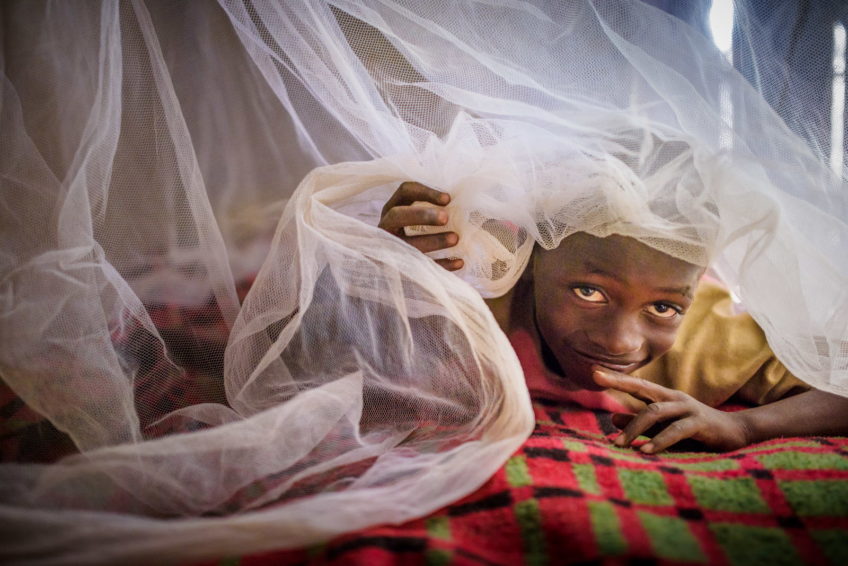Teachers decry high malaria infections among learners

A section of teachers in Uganda have asked government to focus on fighting malaria in children, saying high levels of infections are affecting learning
What you need to know:
- Overall malaria admission incidence rate among children of 1 month to 14 years in the country between 2017 and 2018 was at 7.3 per 1000, according to a 2020 report by Arthur Mpimbaza of Makerere University College of Health Sciences.
A section of teachers in Uganda have asked government to focus on fighting malaria in children, saying high levels of infections are affecting learning.
Severe malaria impairs children’s learning and cognitive ability by as much as 60 per cent, consequently affecting the performance and progress in education, according to information from the Ministry of Health.
Speaking at the launch of storybooks to enhance knowledge of primary school pupils about the dangers of malaria and how to prevent it, Mr Leonard Okokes, the head teacher of Outspan Primary School which is in Kampala, said they are struggling with changing the mindset of learners about the importance of sleeping under mosquito nets.
“Some of the pupils have bad beliefs. They say when they sleep under a mosquito net, they suffocate or get body itches. But it is about giving them more knowledge about the importance of sleeping under mosquito nets,” he said
He said that between March and April alone, 10 serious cases of malaria were reported among their learners and that managing was costly, in addition to disrupting learning.
The experience at Outspan is common in many schools across the country, according to Dr Tony Mukasa Lusambu, the Commissioner of basic education at the Ministry of Education and Sports (MOES).
Officiating at the launch the storybooks which have been written by Ugandan science teachers under their umbrella, River Flow International–Science Teachers Initiative (RIFI-STI), Dr Mukasa asked Ministry of Health to direct funds to schools for training children about malaria fight.
He said the country’s ambition of ending malaria will not yield if children who are the upcoming leaders and parents are not made to understand the importance of malaria prevention and how to do it.
“The information about malaria prevention should be enhanced and these books will be very important. Ministry of Health should continue with the project Mass Action against Malaria (MAAM) that was engaging learners and teachers in malaria fight,” Dr Mukasa said.
Ms Stella Namatovu, the publicity officer of RIFI-STI, said the books are developed in line with the national curriculum for primary learners and that the initiative is working with other partners such as World Vision to avail the books to hard-to-reach schools across the country.
Overall malaria admission incidence rate among children of 1 month to 14 years in the country between 2017 and 2018 was at 7.3 per 1000, according to a 2020 report by Arthur Mpimbaza of Makerere University College of Health Sciences.
Dr Diana Atwine, the permanent secretary at the Ministry of Health wrote in a tweet on April 16 that in the national mosquito nets distribution campaign that was concluded, of the approximately 28.4million mosquito nets received, approximately 27.8million mosquito nets were distributed to communities.
The campaign was aimed at pulling down further, the overall prevalence of malaria in the country which is currently at 9 per cent. But a significant number of adults and children are not using the nets to protect themselves from mosquito bites.




